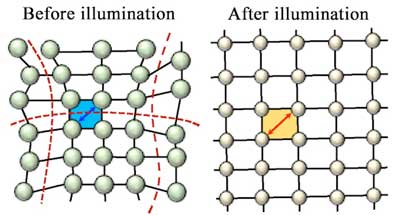
Thursday, April 5, 2018
Light 'relaxes' crystal to boost solar cell efficiency
Some materials are like people. Let them relax in the sun for a little while and they perform a lot better. Researchers have found that to be the case with a perovskite compound touted as an efficient material to collect sunlight and convert it into energy.
Why noise can enhance sensitivity to weak signals
A team of researchers has discovered a new mechanism to explain stochastic resonance, in which sensitivity to weak signals is enhanced by noise. The finding is expected to help electronic devices become smaller and more energy-efficient.
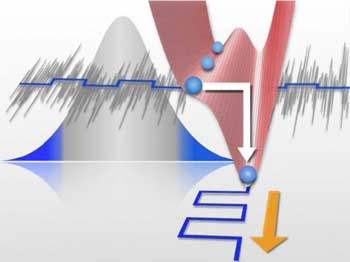
Theorists describe an inertial lift of particles in microchannels
Scientists have described the mechanism of appearance of an inertial lift force acting on finite-sized particles in microchannels. Such calculations were previously possible only for some specific cases. A more accurate description allows one to use this inertial lift for particle sorting.
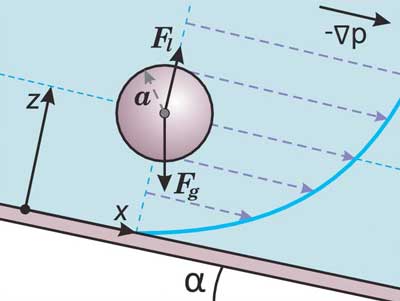
'Frogs' and 'mushrooms' bubble up in quantum fluids
Exotic states of matter mix to form fanciful shapes in supercomputer simulations.

New camera inspired by butterfly eyes improves image-guided cancer surgery
Compact and affordable camera helps surgeons see cancer cells.

Twisting laser light offers the chance to probe the nano-scale
A new method to sensitively measure the structure of molecules has been demonstrated by twisting laser light and aiming it at miniscule gold gratings to separate out wavelengths.

How do very small particles behave at very high temperatures?
Some of the potential applications of nanotechnology, for example in catalysis and aerospace, may subject particles of only nanometre dimensions to very high temperatures. How well will they survive the experience?
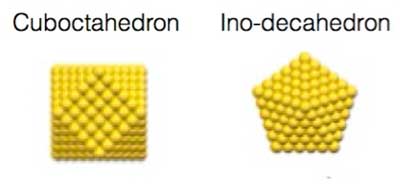
Scientists explain what happens when nanoparticles collide
Study results could one day inform the design of new materials for protective gear, energy-harvesting devices and more.
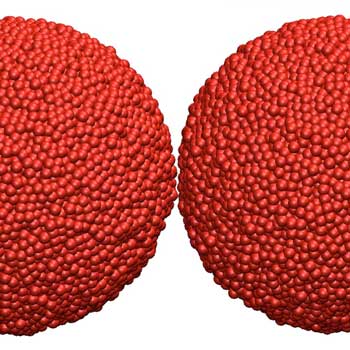
Nanoparticles may cause DNA damage to brain cells across a cellular barrier
Discovery has implications for the development of potential drug targets in treatment of neurodegenerative conditions.

Breakthrough made in atomically thin magnets
Scientists have managed to control atomically thin magnets with an electric field, a breakthrough that provides a blueprint for producing exceptionally powerful and efficient data storage in computer chips, among other applications.

Subscribe to:
Comments (Atom)
